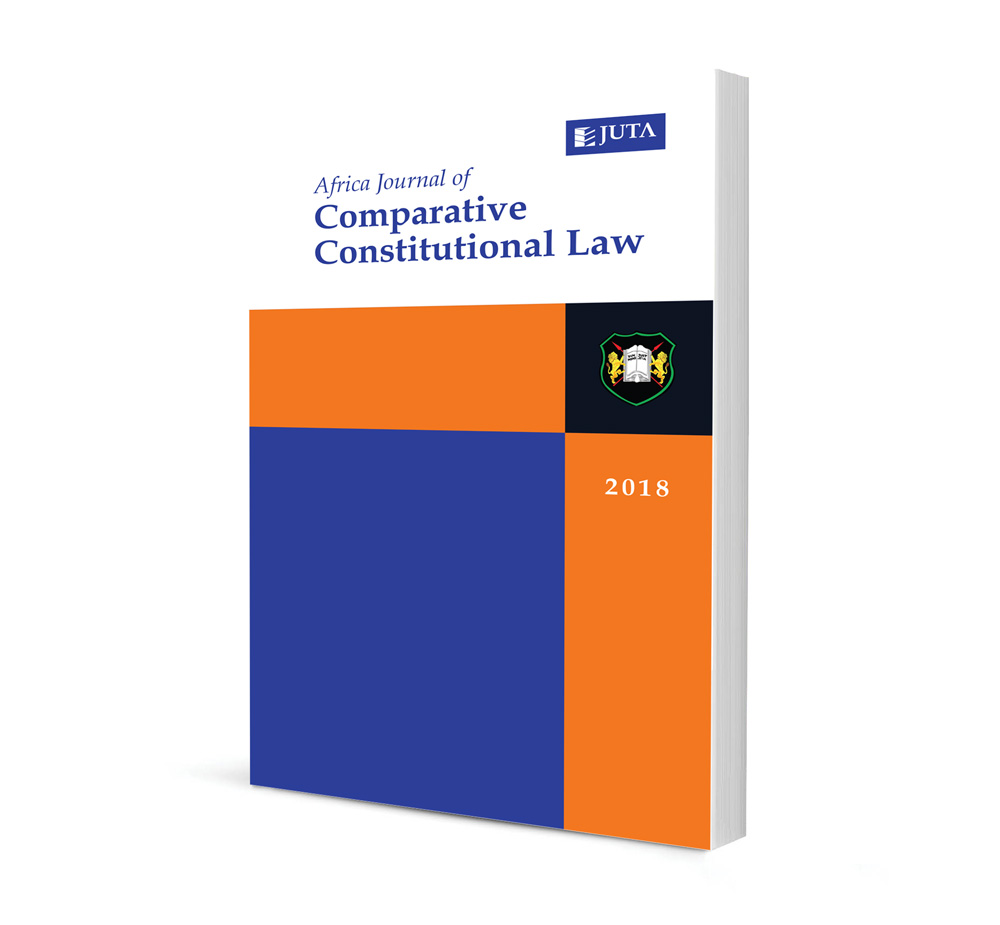
The Economy in the Constitution: An Appraisal of Kenya’s 2010 Constitution as an Economic Charter
Author: Eric Kibet
ISSN: 2521-5434
Affiliations: LLD (Pretoria), LLM (Boston College), LLB (Nairobi), Advocate of the High Court of Kenya and Assistant Professor, United States International University, Nairobi, Kenya
Source: Africa Journal of Comparative Constitutional Law, 2020, p. 1 – 30
https://doi.org/10.47348/AJCL/2020/a1
Abstract
The idea of constitutions as instruments of political governance or ‘power maps’ is well established. Constitutions set down the foundation for political governance, establish organs of the state, allocate them power, define their relationships inter se, and most importantly, limit public power. The conception of constitutions as instruments of economic governance has not received as much scholarly attention. The lack of constitutionalism and rule of law has tended to coexist with poor economic prospects in Kenya and elsewhere in Africa, suggesting a link between them. This has made the question of whether constitutions and the idea of constitutionalism can contribute to better economic governance besides political governance, more important. While it cannot be assumed that the stipulations in a constitution on economic governance automatically translate into good governance and economic growth, such provisions are nonetheless important as they provide an encouraging impetus for sound economic governance that is indispensable in achieving growth and development. This article appraises Kenya’s Constitution as an economic charter that dedicates significant attention to regulating economic affairs through setting a foundation for the country’s economic orientation, protecting private property and enterprise, securing the rule of law and good governance, including economic governance, and making provisions on other economic concerns such as labour relations, consumer protection and competition.